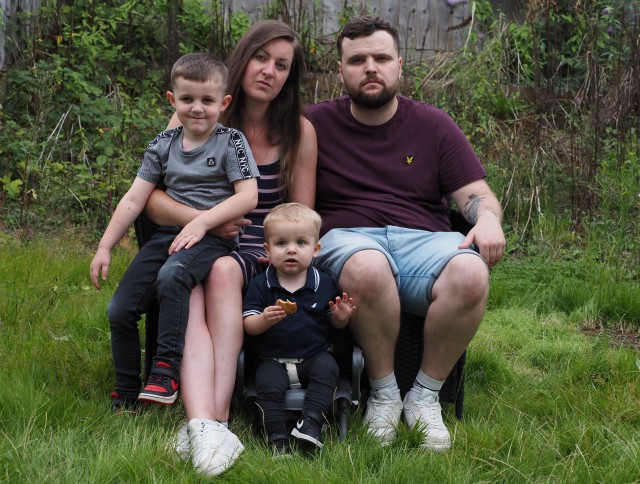Introduction
As interest rates reach their highest level in 15 years, many UK borrowers are feeling the squeeze. Official figures show that a third of homeowners are struggling to cover housing costs, with mortgage affordability becoming a significant challenge. The increased rates mean that borrowers who took out their mortgage deals two years ago now face paying an average of 8.09%, compared to the previous rate of below 2%. This jump in payments can be as high as £531 a month, putting a strain on many households' finances and forcing them to seek help or find alternative ways to manage their mortgage payments.
What to Do Before Your Mortgage Deal Ends
If your mortgage deal is set to end in the next six months, it's crucial to start looking at your options as early as possible to avoid being placed on a high rate. Experts advise checking what rate your current lender is offering and comparing it to other rates in the market. Staying with your current lender can save you time and costs if their rates are similar to what other lenders are offering. Additionally, many lenders allow you to secure a new mortgage offer up to six months in advance, providing a way to hedge your bets against further rate increases in the coming months.
Fixed or Tracker Mortgages?
When considering mortgage options, borrowers can choose between fixed rate and tracker mortgages. Fixed rate mortgages provide stability by guaranteeing a fixed monthly payment for a set period, making budgeting easier. In contrast, tracker mortgages have payments that can fluctuate based on changes in interest rates. Moneyfacts recommends Santander's 5.81% two-year fixed rate mortgage with a £999 fee and Barclays' 5.19% five-year fixed rate mortgage with an £899 fee for borrowers with a 25% deposit. Nationwide Building Society's tracker mortgage at 5.44% with a £999 fee is also a good option. Linger on your lender's standard variable rate and you could be paying as much as 9.24%, as in the case of Virgin Money, Clydesdale, and Yorkshire banks.
Seeking Help with Rising Bills
Major lenders are offering temporary solutions to help struggling borrowers reduce their monthly costs. Options include switching from repayment to interest-only for six months or extending the mortgage term with the possibility of reducing it again later. For borrowers with a £150,000 mortgage on an average standard variable rate of 8.09%, switching to interest-only would reduce monthly costs from £1,167 to £1,012. Lengthening the repayment term from 25 to 35 years would lower monthly payments to £1,076. However, it's important to remember that these measures could add significant costs over the long term and borrowers should aim to return to a repayment mortgage or reduce the term as soon as possible.
'Help to Buy Chaos Left Us Stuck with High Repayments'
The Gibb family from Plymouth experienced a three-month delay in remortgaging due to paperwork issues. Delivery driver Nicola, 35, and accounts manager Phil, 30, saw their mortgage payments jump from £572 a month to over £1,000 when their previous deal expired. They had secured a new deal with NatWest, but administrative delays by the new company running the Help to Buy scheme led to the couple being stuck on their lender's standard rate. To cover living expenses, they had to rely on credit cards. The paperwork issues have since been resolved, and the couple completed their switch this week. The new scheme management, Lenvi, has been handling more cases than the previous management, resulting in a backlog of paperwork.
Did you miss our previous article…
https://hellofaread.com/money/i-won-a-6-7m-lotto-jackpot-but-all-i-wanted-was-a-cheap-car/








